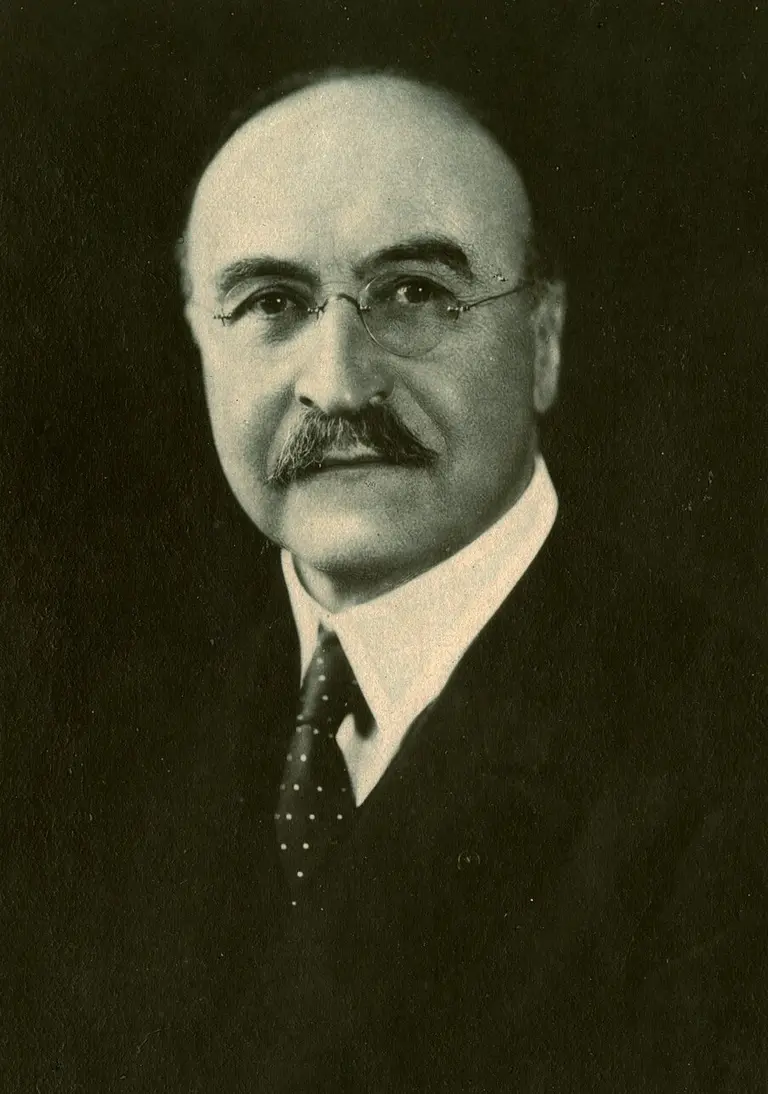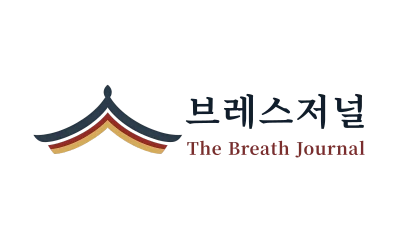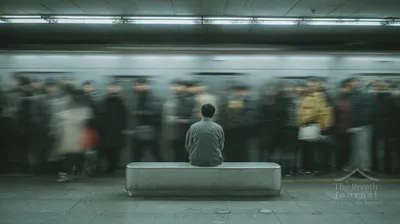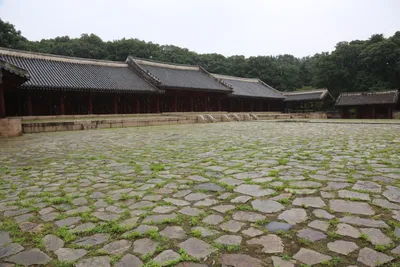
Q1. What expectations did you have when you first encountered invention?
I saw a new century being opened by electricity. But that door was still unstable. The materials used as insulators at the time burned easily or broke easily. They also required a lot of expensive natural resources.
I wanted to create a material that anyone could use safely and affordably. Bakelite was the answer. It did not burn, blocked electricity, and could be freely shaped. I told myself.
“This is the tool that makes humanity equal.”
At that moment, invention felt like a new promise for the entire era, not just a personal achievement.
Q2. However, today we see plastic as a symbol of crisis. What do you think about that now?
To be honest, I never imagined it. I was an inventor, not a prophet.
I created it. But how it is used, how much accumulates, and where it flows was not my concern. I believed invention was a gift, but in fact, it was a question. And the blank space of not answering that question is being paid for by future generations.
Today, the oceans are suffocating with plastic, and micro-particles are found in children's blood. Convenience was a gift, but the end was unprepared.
Q3. As an inventor, was there a moment when you realized those limits?
I realized it even in my lifetime. Bakelite opened a new market, but far too many people consumed it indiscriminately. I dreamed of a stronger, more lasting material, but people used it to make cheaper, more sellable products.
An inventor can only design the beginning of the result. But the end is created by society. In that sense, I left a debt because I could not design that end together.
Q4. If you could convey a message to today's world, what would you say?
Invention always brings light and shadow together. The problem is not to stop invention, but to have the courage to see the shadows.
I only saw the light and did not see the shadows. But humanity today must be different. Whether it is artificial intelligence or gene editing, every time new technology enters the world, people cheer. But cheering alone is not enough.
Miracles always bring the opposite side. If we do not examine that backside, history will repeat the same déjà vu.
Q5. How can we overcome the crisis we are facing now?
What is needed now is not another miracle. The wisdom of how to handle what we already have is more urgent.
Plastic is no longer just a material; it is an ecological problem. We should not take the path of disposal for granted, but first design the path of restoration. Invention should not be linear but circular. When the beginning and the end meet to form a cycle, only then does the disaster stop.
Invention without a cycle is incomplete. That is the greatest lesson I leave for future generations.
Q6. What is the most important message you want to convey to future inventors?
I only saw the miracles that my invention would bring. But now you know. Miracles always walk hand in hand with responsibility.
If you create something new, think about how it will disappear as well. An invention that takes full responsibility is the real gift.
📌 Editor's Note
This text is a fictional interview reconstructed based on the life and inventions of Leo Baekeland, not an actual dialogue.
Brass Journal asks, bringing his voice into today's language.
Just as plastic was a century ago, do the new inventions we face today not also carry both light and shadow?
If we do not prepare now, will the future not again experience the same déjà vu?

![[Scenario] 2026 Global Wildfire Calendar: The Unending Cycle of Flames](https://cdn.breathjournal.com/w400/q80/article-images/2025-10-01/83cbd0d7-c7c9-4101-b4f6-e39cff028d87.png)

![[Focused Planning] 2026 Global Wildfire Calendar, Facing a Charred Future](https://cdn.breathjournal.com/w400/q80/article-images/2025-10-01/5be639f5-d684-4605-acb1-e0127c554e7c.png)

댓글 (0)
댓글 작성
댓글을 작성하려면 로그인이 필요합니다.
로그인하기